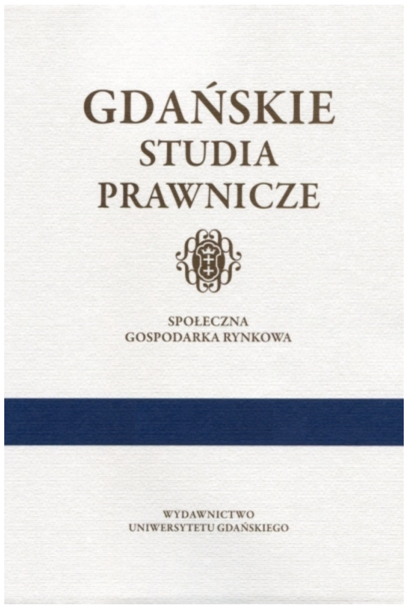Dysfunkcjonalność stosowanej klasyfikacji konstytucji ze względu na tryb ich zmiany na przykładzie współczesnych państw europejskich
Dysfunctionality of the classification of constitutions due to the mode of their amendment on the example of the contemporary European states
Author(s): Radosław GrabowskiSubject(s): Constitutional Law
Published by: Wydawnictwo Uniwersytetu Gdańskiego
Keywords: example of European countries; constitutionality; constitutional law;
Summary/Abstract: The article is the result of research devoted to the diversity of procedures concerning the amendment of constitutions in contemporary European countries. One of the conclusions drawn from these studies is the low suitability of the division of constitutions into,,flexible” and ,,rigid”, which is commonly applied in legal literature. The dichotomous nature of the classification causes that a series of constitutions is not classified on its ground. In addition, the scale based on the analysis of the modes of constitutional amendments,which was used in the late nineteenth century, does not correspond to the degree of the differentiation of the contemporary constitutions. Instead of the two modes distinguished by J. B. Bryce, the Author proposes to distinguish: 1) constitutions amended in a legislation procedure, 2) constitutions amended in a qualified procedure, 3) constitutions amended in a modified legislative procedure, 4) constitutions that provide a special mode of amending selected provisions. In addition, the Author introduces a further diversification, often wide-ranging, which allows for the isolation of subgroups and even further groups. All the above mentioned point out to the need for a new progressive classification,which would indicate the nuances of the analyzed field of constitutional law.
Journal: Gdańskie Studia Prawnicze
- Issue Year: 2014
- Issue No: XXXI
- Page Range: 567-580
- Page Count: 14
- Language: Polish

